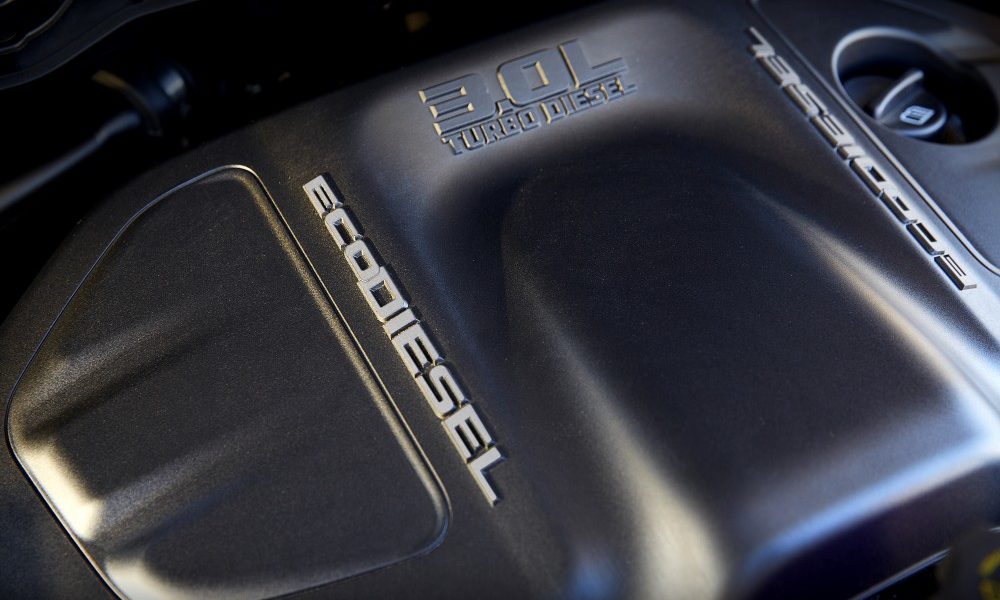The Environmental Protection Agency first began to suspect Fiat Chrysler of using an illegal emissions control device on its EcoDiesel V6 engine back in 2015, it has been revealed.
According to emails obtained through the Freedom of Information Act, EPA regulators first approached FCA about its alleged use of an emissions control device in November of 2015. One of the emails, sent by EPA director Byron Bunker in January of 2016, said how the agency was “very concerned about the unacceptably slow pace” of FCA to address the high nitrogen oxide levels produced by its 3.0-liter EcoDiesel V6 engine.
Mike Dahl, FCA’s head of vehicle safety and regulatory compliance in the U.S., responded to the EPA’s email saying it was working hard to address the matter and recognized the consequences that may come if it the automaker was found to be using a cheat device. The email exchange occurred just months after VW admitted to using an illegal emissions control software in its 2.0-liter TDI engines, which eventually resulted in the automaker recalling 500,000 cars and agreeing to pay $4.3 billion in penalties.
SEE ALSO: Ram, Jeep 3.0L EcoDiesels Accused of Using Emissions Cheating Software
FCA CEO Sergio Marchionne has said he doesn’t believe his company used an emissions control device with the specific intent of breaking the law. Last week the Italian-Canadian executive said he is “confident of the fact that there was no intention on our part to set up a defeat device that was even remotely similar to what (Volkswagen) had in their cars,” and that he hopes regulators will approve a software fix that will re-certify the EcoDiesel engine.
FCA has been accused of failing to disclose the presence of an emissions control device in 2014-2016 model year EcoDiesel-equipped Jeep Grand Cherokee SUVs and Ram 1500 pickup trucks. The EPA and the U.S. Justice Department allege the device alters the engine’s emissions output in certain driving scenarios, resulting in lower-than-accurate nitrogen oxide levels in lab tests. FCA’s proposed software fix would alter the engine’s performance to adhere to U.S. emissions regulations in all driving conditions.
[Source: Autoblog]



Leave a Reply